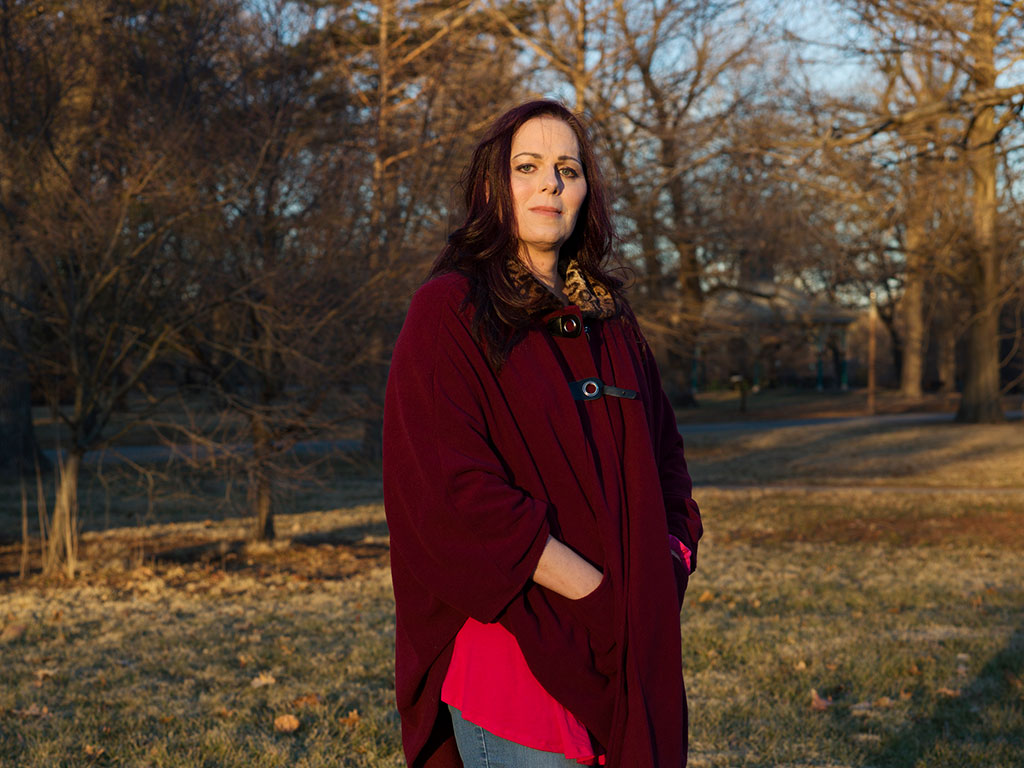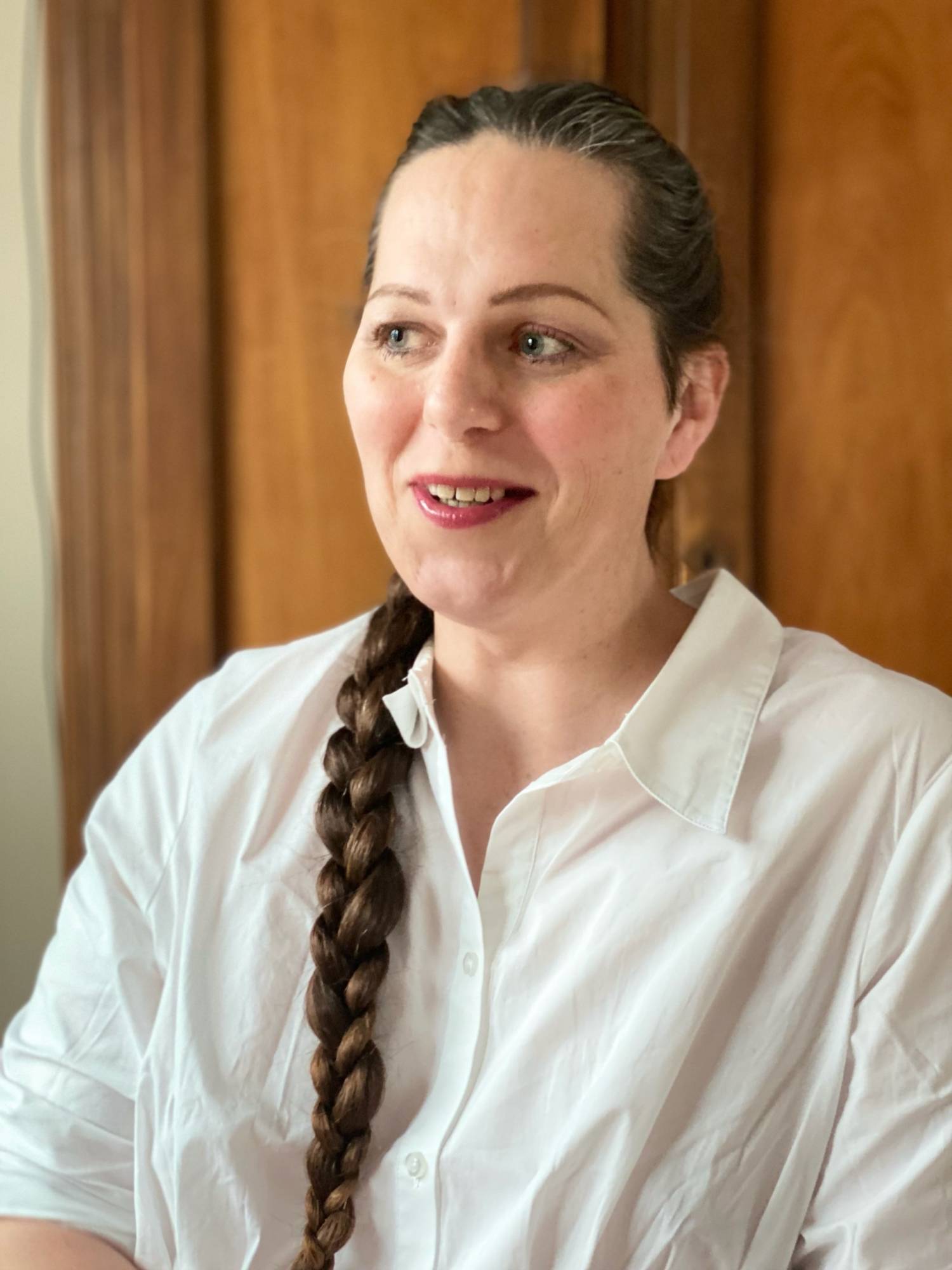By Kellee Terrell
“Where Are They Now?” is a new series where we catch up with past Lamda Legal plaintiffs. This month, we’re highlighting Jessica Hicklin.
In her groundbreaking 2016 case, Hicklin v. Precythe, Jessica Hicklin and Lambda Legal sued the Missouri Department of Corrections (MDOC) and its contracted healthcare provider, Corizon LLC, for denial of medically necessary healthcare. In 2018, in one of the first decisions to do so, a federal court struck down that policy allowing Jessica hormone therapy, permanent body hair removal, and access to gender-affirming canteen items. In addition, the ruling struck down a “freeze-frame” policy, which banned denying hormone treatment to any transgender person not receiving such therapy before incarceration. Jessica was also a plaintiff in our successful challenge to Kansas’s birth certificate policy.
In 1996, Jessica was incarcerated at the age of 16 for murder and later sentenced to 100 years. Yet, because of a Supreme Court ruling that deemed charging minors with life without parole as cruel and unusual punishment, she was released in 2022 after serving 26 years. She’s currently the Chief Technology Officer at UnlockED Labs, an organization that focuses on educating incarcerated people to ensure a stronger future.
In her own words, Jessica briefly discusses her story, the impact Lambda Legal had on her life, and why incarcerated people should have access to quality health care and education.
***
Before POZ Magazine, I had no language for what I was experiencing. But I remember reading an article, and I knew that was me: We had the same story. That right there was my exposure. Finally knowing who I was, I came out, changed my name, and had my declaration of truth. I was 100% sure that I was getting my treatment. So the prison telling me “no” only galvanized me. I refused to accept it because they could not invalidate me as a human being. First, I filed a grievance and waited for 8-9 months, but then Lambda Legal and I sued the prison.
It might have taken a few years, but we won. I was able to get access to the care to embody the woman I was supposed to be and come home the woman I am. Part of being that woman is the work I do with UnlockED Labs, which I wouldn’t be doing if I had not received treatment. My aunt told me that before transitioning when she would come to visit, I would barely talk, and my head would be down. But once I came out, she said, “Jessica, you’re a force when you speak.” That’s the power of living in your truth and having access to care that affirms that truth.
This is what all trans people deserve. We are human and access to health care is a basic human right [and for incarcerated people, the U.S. Constitution requires it.] Most importantly, everyone should be entitled to the care they need to live authentic lives and denying them that is cruel and unusual.
…there’s this idea that because I am trans and marginalized, that means we can only contribute marginally. That just isn’t true.
Since I’ve come home, I’ve been working to be part of the solution. I tell people that I went in at 16 and spent 26 years in concrete walls and had to learn how to survive and be a productive member of society. In that, I co-founded UnlockED Labs, whose mission is to make sure that incarcerated people have a chance through education. Our motto is “a better justice system from the inside out.” We’ve taught people how to code, created curricula and software provided inside universities. It’s important to know that incarcerated people have a lot to contribute, a lot of work to do if you just give them a chance.
I am at the beginning of a movement to provide people with the tools to go home, which is amazing because there’s this idea that because I am trans and marginalized, that means we can only contribute marginally. That just isn’t true and waking up every morning, I know I can make a big difference in other people’s lives across this country.
Life is beautiful, and I wake up every morning knowing I am helping and living the meaningful life I am meant to live.


